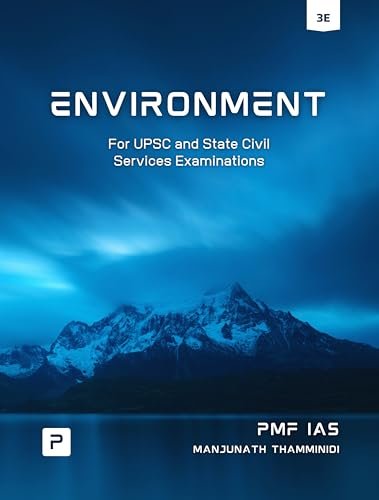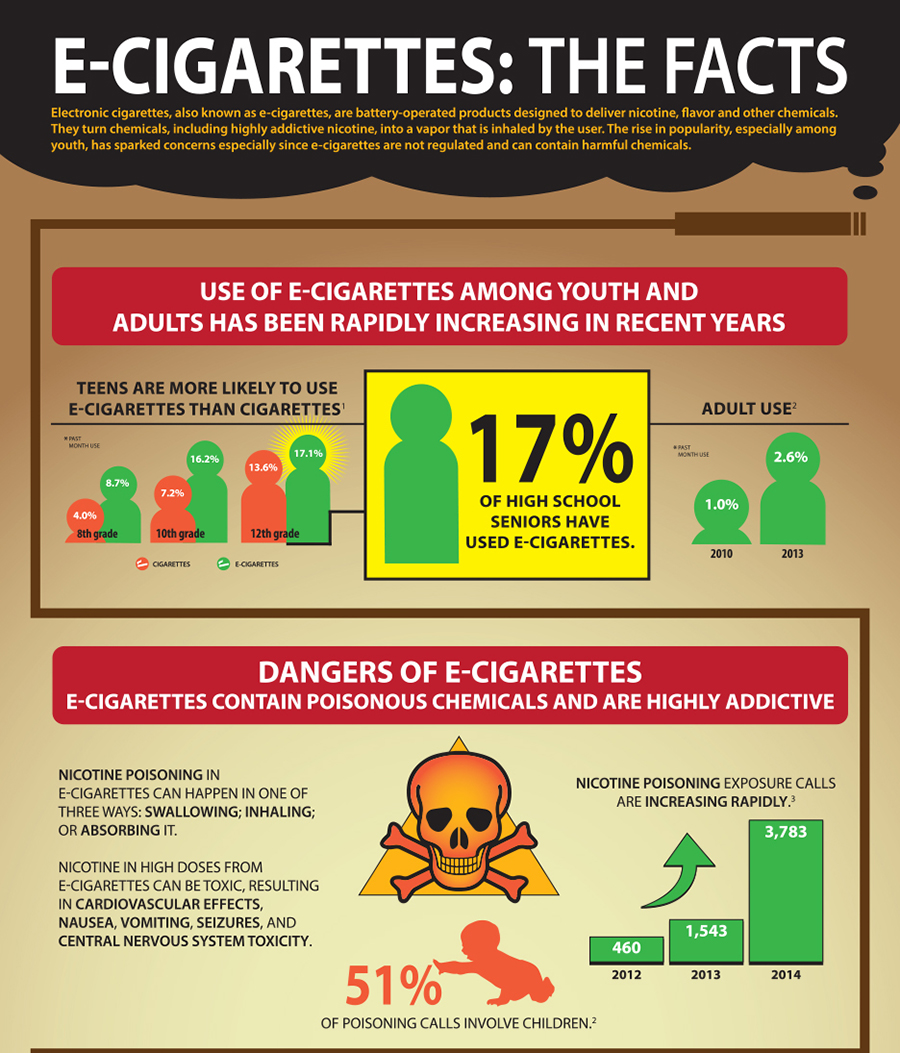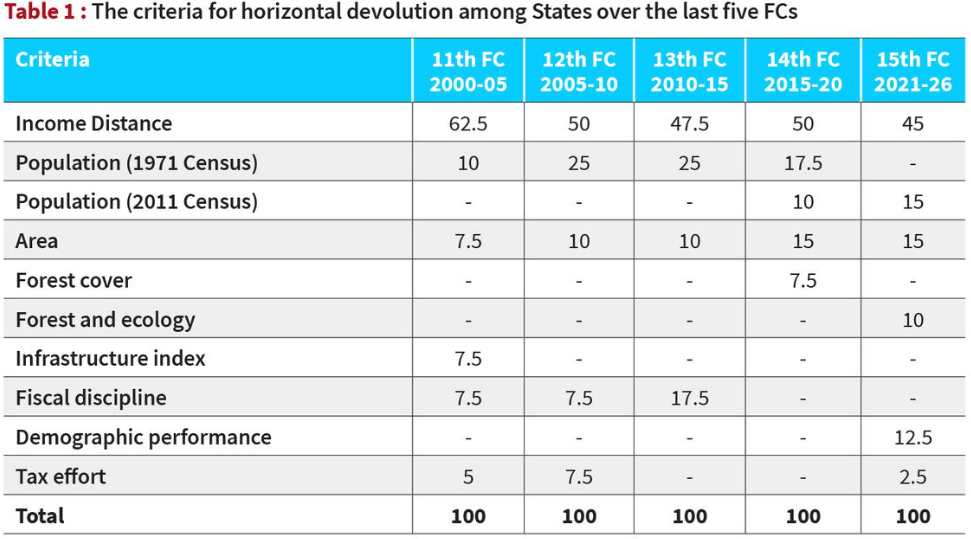
UK’s Contaminated blood scandal
Subscribers of "Current Affairs" course can Download Daily Current Affairs in PDF/DOC
Subscribe to Never Miss an Important Update! Assured Discounts on New Products!
Must Join PMF IAS Telegram Channel & PMF IAS History Telegram Channel
- Context (IE): Britain is expected to compensate thousands of people who were infected with HIV or hepatitis via contaminated blood.
- The inquiry was launched in 2017. Almost 3,000 people were estimated to have died of complications.
- The inquiry was expected to look into the cases of deadly diseases from transfusions of infected blood products in the 1970s and 1980s.
Britain’s National Health Service (NHS)
|
Contaminated blood scandal
- During the 1970s and 1980s, people who had the blood-clotting disorder haemophilia or needed transfusions after childbirth or surgery were given blood infected with the HIV virus & hepatitis.
Factor VIII
- Factor VIII was considered to be a “wonder drug” for patients with classical haemophilia and Von Willebrand Syndrome, more efficient and convenient than earlier treatments.
|
- The NHS introduced this processed pharmaceutical product in the 1970s, created by pooling plasma from many donors. Even one infected donor could compromise the entire batch of the protein.
- The product used by the NHS was imported from the United States, where a large volume of donated plasma at the time came from prisoners and users of intravenous drugs who were paid for their blood.
Concerns
- Inquiry estimated that more than 30,000 people were infected with HIV, hepatitis C or as haemophiliacs.
- Several reports have stated that school children were subjected to medical trials using infected blood products, even without consent.
- There is evidence that experts called on fellow doctors “to identify patients suitable for clinical trials” and, more specifically, “previously untreated patients”.
- Evidence suggests that the British government chose to turn a blind eye to the situation, mainly due to financial considerations.
Warnings by international agencies
- As early as 1953, the World Health Organization (WHO) warned of the hepatitis risks associated with the mass pooling of plasma products.
- In 1974, the UN agency warned Britain not to import blood from countries with a high prevalence of hepatitis, such as the US.
- Another warning of the risk of contracting HIV from blood products was issued in 1982.







![PMF IAS Environment for UPSC 2022-23 [paperback] PMF IAS [Nov 30, 2021]…](http://pmfias.b-cdn.net/wp-content/uploads/2024/04/pmfiasenvironmentforupsc2022-23paperbackpmfiasnov302021.jpg)











